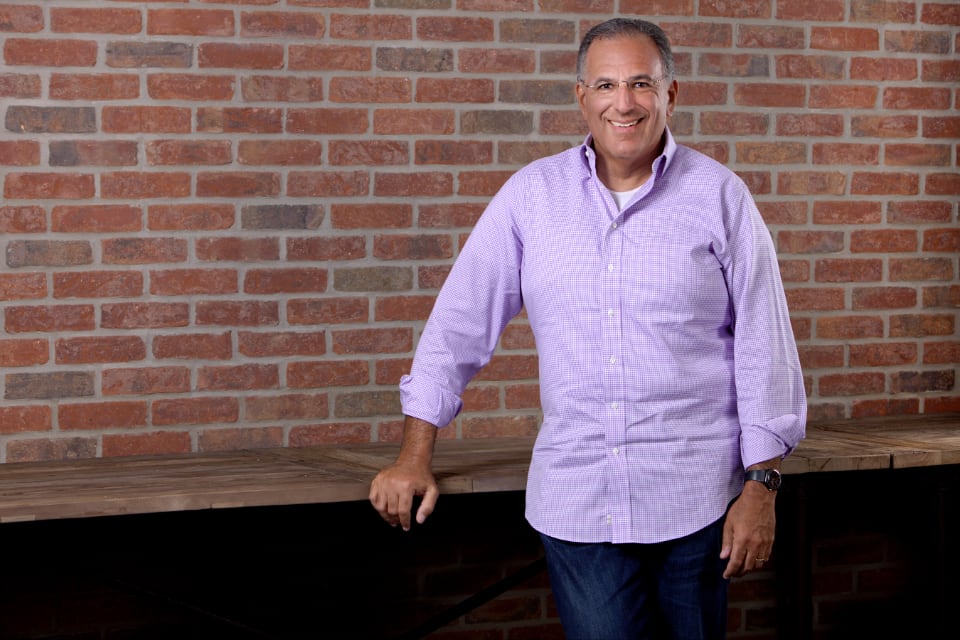Everything is Our Business: Defining Corporate Social Responsibility in the 21st Century

Corporate Social Responsibility (CSR) has become a top priority for companies of all sizes – our business extends past our customers to affect the world in which we live. CSR dates at least as far back as the 1950s when economist Howard R. Bowen defined it as “the obligations of people to pursue those policies, to make those decisions, or to follow those lines of action which are desirable in terms of the objectives and values of our society.” In his seminal book Social Responsibilities of the Businessman, he challenged businesses to consider which responsibilities to society they should reasonably be expected to assume. More recently, the Business Roundtable redefined the purpose of a corporation to be accountable to all their stakeholders—customers, employees, suppliers, communities and shareholders—rather than principally serving only shareholders.
For many businesses, success today is as much about doing well as it is about doing good, whether for the world or the people and creatures that inhabit it. We need not look far for compelling and inspiring examples. Consider the public pledge by Adidas to end the use of all virgin polyester in its shoes and apparel by 2024 and replace it with recycled plastic and marine waste retrieved from our oceans.
It’s not just the big brands doing their part. Motorworks, a Florida-based brewery, partners with a local pet shelter, Shelter Manatee, featuring dogs on their beer cans to help raise awareness of abandoned animals and find homes for them while donating proceeds from its ADOPTABLE DOG Cruiser Golden Lager 4-pack to help the organization reach its goal to build a new facility that will increase capacity. Last year, to help reduce traffic congestion and pollution in an area notorious for gridlock, Wahoo’s Fish Taco in Southern California piloted an initiative that offered customers a free taco every time they used public transportation. And noissue, an Asia-Pacific e-commerce company, plants trees in areas of need for every purchase of its environmentally friendly, custom-made tissue paper.
At EPAM, we are driven to empower our employees to lead socially responsible educational, environmental and community initiatives for the greater good. The tenets of CSR urge us to give back to our communities in more than 25 countries where we live and work, sharing our time, talent and knowledge to make a difference. We use our base of knowledge to support innovation and disrupt for good through key partnerships with local NGOs and initiatives, hosting community hackathons and empowering communities that look to social innovation to address their challenges with our expertise and global impact.
In order to achieve our mission to act for good, we support our employees with dedicated diversity and inclusion programs and integrate our commitment to provide a safe and equal workplace into our Code of Ethical Conduct. Leading by example, management drives a culture of integrity to ensure our employees are safe, respected and comply with the law, turning our principles into action in every business transaction and socially responsible activity they undertake. We also empower our workforce with training and development, inviting them to engage with our leadership. Even employees with flexible working capabilities are encouraged to dedicate time and resources to our CSR efforts through our “Time on Bench” program. These employees leverage their knowledge and technical expertise to connect with communities in order to amplify their causes and provide them with technology solutions that disrupt for good.
Education lies at the heart of our social outreach, and our capacity for knowledge transfer is vast—our EPAMers empower students at many stages of learning with mentoring and expertise. Our commitment to supporting education initiatives that serve underrepresented communities ensures we can help to provide learning opportunities for all, in collaboration with partners who help us develop “train-the-trainer” approaches to create sustainable knowledge-sharing from our experts. To date, EPAMers have dedicated more than 500,000 hours toward mentorship, training and community engagement since 2003 through several programs including:
eKIDS: Since 2015, more than 1,300 EPAMers have volunteered 70,000+ hours of their time to provide software and coding education to more than 4,500 children and youth in 19 countries through MIT’s Scratch platform.
EPAM UNIVERSITY PROGRAM: In partnership with 50+ universities in six countries, EPAM equips 28,500 college and university students with cutting-edge, industry-relevant training to provide the competitive skills they need to contribute to the global IT sector after graduation through sponsored curriculum at 55 joint university labs.
GREEN EPAM: Recognizing the need to act with urgency to conserve and protect our environment, EPAM continually evaluates ways to offset our current footprint and plan for the future by moving toward carbon neutrality. We have designed and released the EPAM Carbon Footprint Calculator, created to educate our employees and the general public on how to make a global impact by making simple lifestyle changes to live more responsibly.
In my role as Chief People Officer, it’s all about our EPAMers. They are the lifeblood of our company, and we must continue to win their hearts and minds—and keep them continually challenged and engaged. If we fail, we risk everything. When we succeed, we inspire a better future for our company and for the world.
Bring the best of the CEOWORLD magazine's global journalism to audiences in the United States and around the world. - Add CEOWORLD magazine to your Google News feed.
Follow CEOWORLD magazine headlines on: Google News, LinkedIn, Twitter, and Facebook.
Copyright 2025 The CEOWORLD magazine. All rights reserved. This material (and any extract from it) must not be copied, redistributed or placed on any website, without CEOWORLD magazine' prior written consent. For media queries, please contact: info@ceoworld.biz








